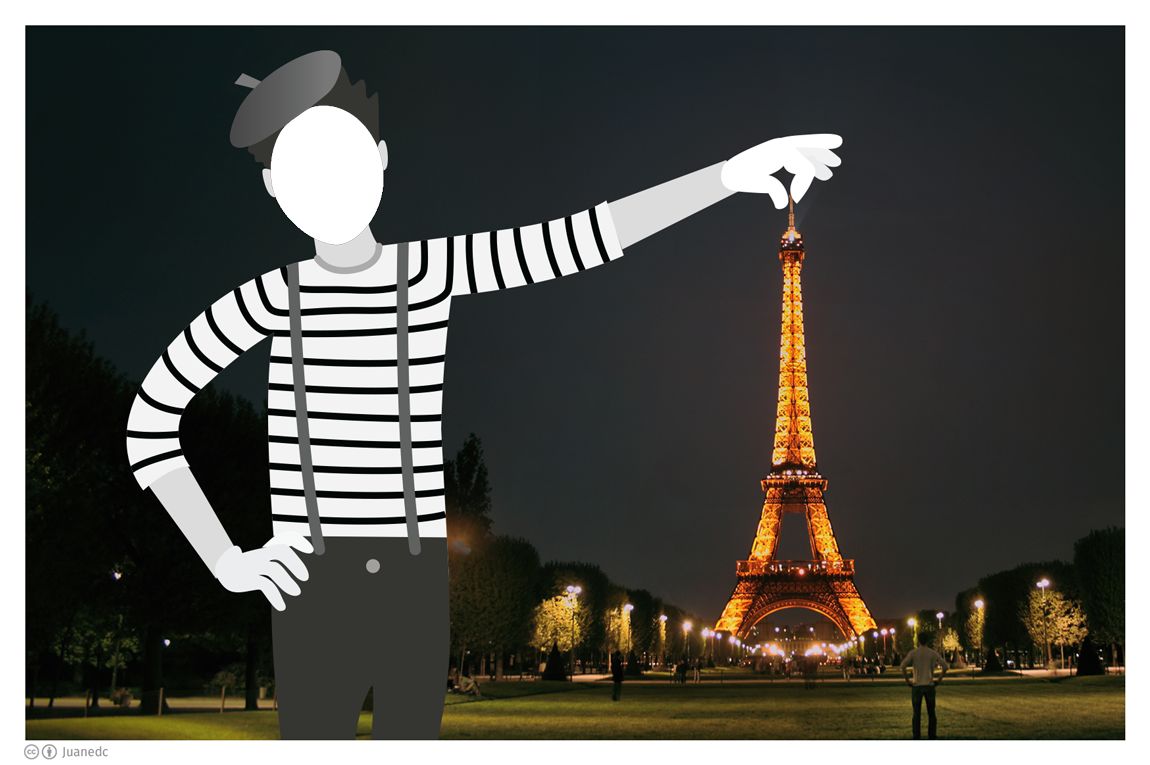Most visitors to Paris know which sight to seek out first: the Eiffel Tower at night, shimmering top to bottom in a dazzling light display.
But far fewer tourists know this: if you snap a photo of the light display and share it online, you’re technically violating copyright law in France.
The European Union’s copyright framework — written in the early 2000s — protects certain high-profile architecture and artwork under copyright. On that list? France’s signature landmark.
When the current copyright framework was enacted, written letters and SMS were the primary forms of communication, says Dimitar Dimitrov, the Wikimedia Foundation’s ambassador in Brussels. But no longer: “Now we send pictures,” he says. When visiting a new city, tourists opt for an Instagram post rather than a postcard.
“But not every country has a public environment exception so we can freely take pictures and share them,” Dimitrov notes.

As a result, innocuous content — like a selfie with the Eiffel Tower, or Denmark’s Little Mermaid statue — becomes a violation. And open Internet supporters like Dimitrov bristle.
“This prohibits us from freely communicating,” he says. “It’s crazy that our daily communications are impaired by copyright.”
The EU’s copyright framework affects more than vacation photos, Dimitrov says — it can also disrupt innovation and the flow of knowledge. Often, scientific research under copyright can’t be linked to from Wikipedia. And researchers can be prohibited from text and data mining processes that would otherwise enable progress.
So Dimitrov and a coalition of like-minded academics, technology professionals and activists, including Mozilla, are fighting for reform: modern copyright law that dovetails with how we live online.
“We need to make copyright law technology-proof and future-proof,” Dimitrov says. “We need to ensure copyright doesn’t clash with everyday reality.”